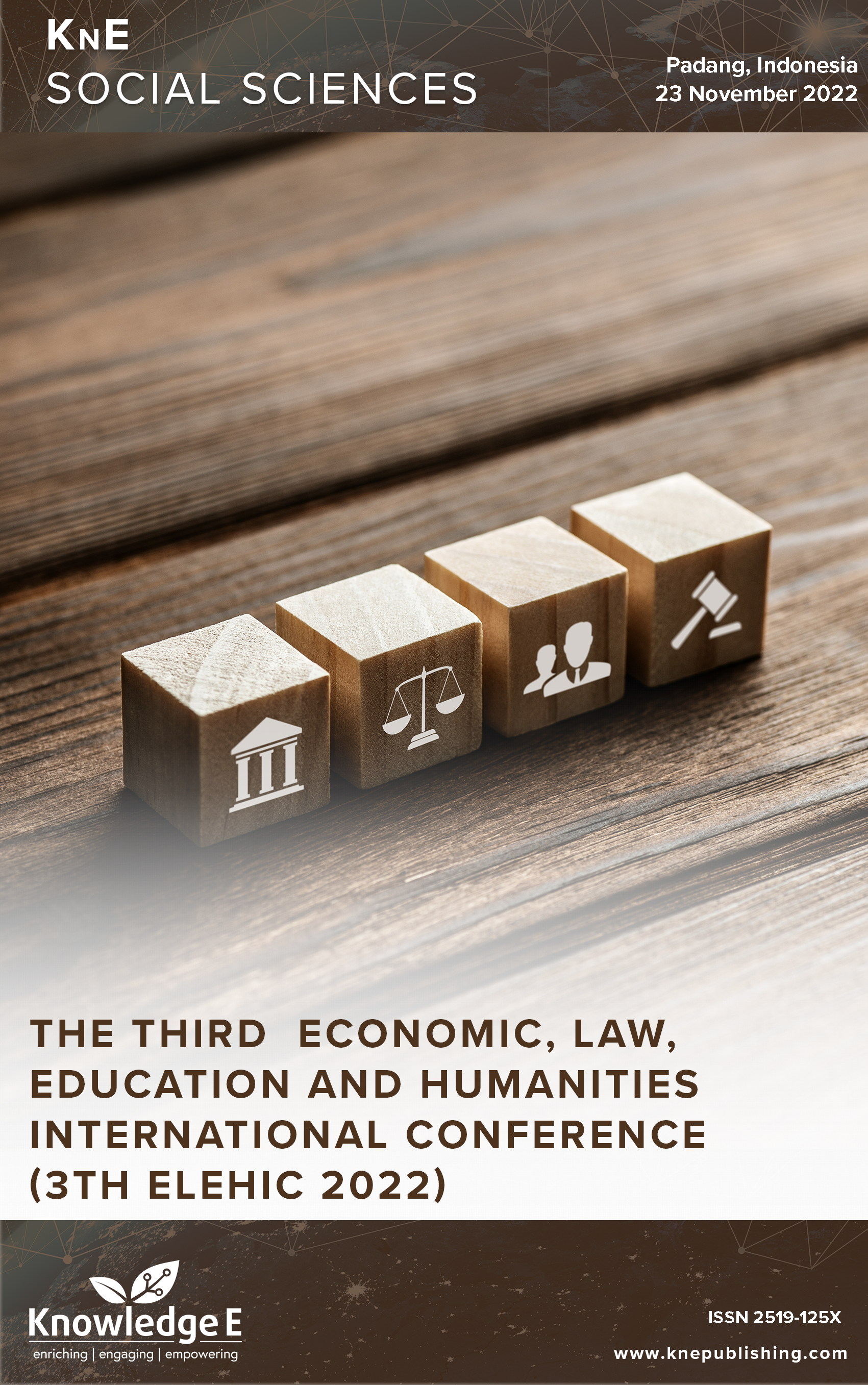Reflection of Hierarchical Culture through the Directive Speech Acts in "The Social Dilemma'' Documentary
DOI:
https://doi.org/10.18502/kss.v8i13.13752Abstract
This paper examines the hierarchical cultural values reflected through the directive speech acts contained in “The Social Dilemma,” an American documentary discussing the negative sides of social media that affect its users unwittingly. The data of the research are gotten from the utterances of the casts including fictional and interview sessions presenting researchers, technologists, and activists with concern for humanity. Based on a descriptive qualitative method, it is found that the cultural values of the hierarchy are presented through the directive speech acts as in types of orders, forbidding, suggesting, and requesting. Based on the findings, it is indicated that all data delivered by its speakers in direct strategy utilizing two main values known as authority and wealth. Eventually, these two values lead to two circumstances related to the role and position in the community and also the strong goal of gaining profit from the tech industry, which encompasses the advertising goal (to make money on social media through advertisements), the growth goal (to get users as many as possible), and the engagement goal (to keep people scrolling and staying). As a consequence, based on the reflection of these hierarchical values, reform in social media is highly demanded to be in line with humanism.
Keywords: Hierarchical Cultural Value, Directive Speech Acts, The Social Dilemma Documentary
References
Oxford Learner‘s Pocket Dictionary. Oxford University Press; 2008.
The Social Dilemma A Netflix Original Documentary [Internet]. The Social Dilemma. 2022 [cited 2022March14]. Available from https://www.thesocialdilemma.com/
Gass SM, Neu J. Speech Acts Across Cultures: Challenges to Communication in a Second Language. Berlin: Walter de Gruyter; 2006.
Cutting JL. Pragmatics and Discourse. London and New York: Routledge; 2002.
Griffiths P. An Introduction to English Semantics and Pragmatics. Edinburgh: Edinburgh University Express Ltd; 2006.
Yule G. Pragmatics. New York: Oxford University Press; 1996.
Crabtree M, Powers J.. Language Files: Materials for an Introduction to Language and Linguistics (5th ed.). Colombus: The Ohio State University Press; 1991.
Austin JL. How to Do Things with World. London: Oxford University Press; 1962.
Searle JR. A Classifications of Illocutionary Acts. Language in Society. 1976;5(1):1-23.
Schwartz SH. National Culture as Value Orientations: Consequences of Value Differences and Cultural Distance. Handbook of the Economics of Art and Culture. 2014;:547-86.
Ariska E, Yanti Y. The Expressive Speech Acts In Kamala Harris‘ Victory Speech: A Study of Multicultural Values. Journal of Cultura and Culingua. 2022;3(1):31-8.
Utami S, Yanti Y. Speech Act of Protest Expressed by Followers of the World Health Organization Instagram Account. KNE Social Sciences; 2022.
Yanti Y. Fungsi Bahasa dalam Tindak Tutur Ekspresif. Iktiar falam Bahasa Festscrift untuk Prof. Dr. Mukhaiyar, M. Pd. Padang: UNP Press; 2020.
Creswell JW. Research Design: A Qualitative & Quantitative Approaches. California: Sage Publications; 1994.
Seixas BV, Smith N, Mitton C. The Qualitative Descriptive Approach in International Comparative Studies: Using Online Qualitative Surveys. International Journal of Health Policy and Management. 2017;7(9):778-81.

